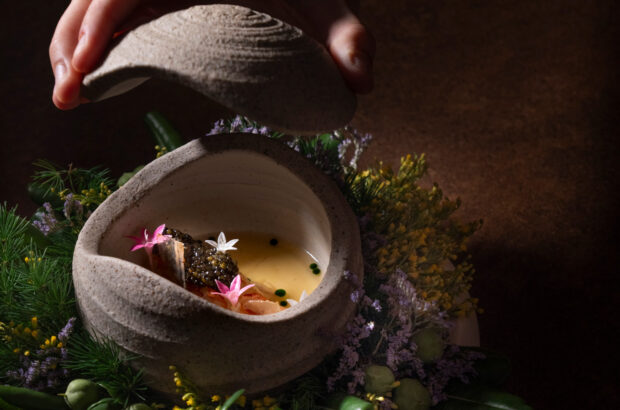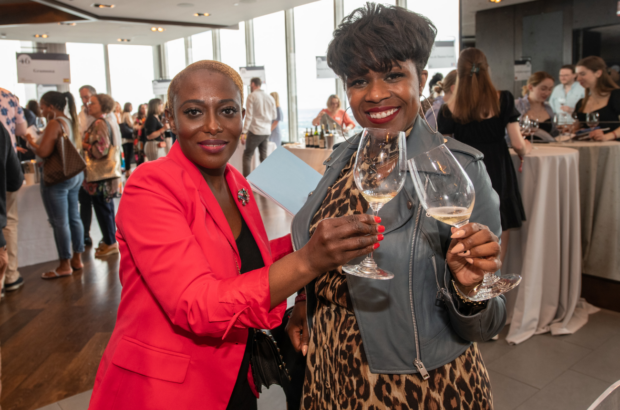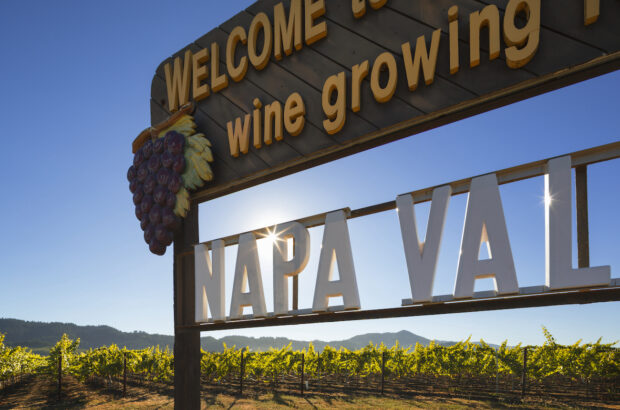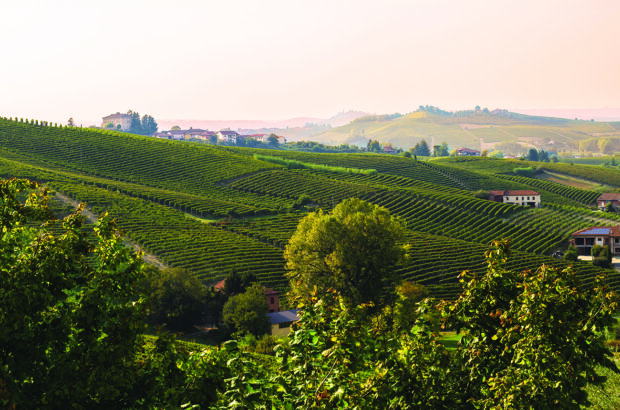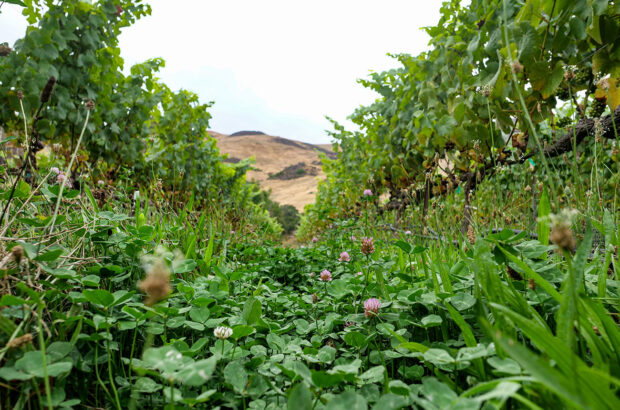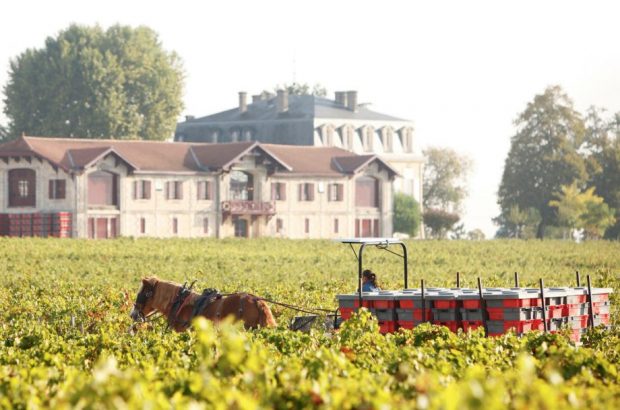I can still remember one of the sadder lunches that I had in Bordeaux about 10 years ago. It was with a group of winemaking friends that I met when I first came here, all from family estates in the Bordeaux, Blaye and Entre-Deux-Mers appellations, and all aged under 30, full of big ideas for how to transform their properties.
During lunch, one after the other, three winemakers announced that they were getting out of the business, going to jobs that were steadier and better paid, unable to break out of the appellation trap where the small guys, working through négociants, are hemmed in by price ceilings attached to individual appellations.
‘It isn’t possible to raise my price because of the appellation on my label’
I was reminded of this recently, when I met Côtes de Bourg winemaker Oswaldo Hernandez, owner of Clos des Moiselles. Here was someone who had gained a high profile internationally, making wines that regularly receive critical success – yet he was finding it difficult to break out of the appellation price ceiling and had decided to call it a day.
I’d wanted to meet Hernandez for years, as the only Venezuelan (as far as I know) to own an estate in Bordeaux. A former baseball player, he moved from Caracas to France in 1991, aged 22, then ‘started at the bottom and worked in every job in this business’ before buying his 10ha estate. His wines are rich, full of spicy fruit and often receive good scores, but despite this, 2017 is set to be his last vintage under Clos des Moiselles.
It’s worth listening to the reasons why, even if they are hard to hear. ‘It is really difficult to make wine in Bordeaux, not just with the complexity of the climate every year and the impression of starting from scratch each time, but because it is so difficult to differentiate yourself from the other estates when you don’t have a recognised name,’ he said.
‘We work with the same grapes, we are advised by the same oenologists, our wines are tasted by the same critics. Even when I get good scores, my négociants tell me it isn’t possible to raise my price because of the appellation on my label’.
Hernandez has found a new terroir close to Clos des Moiselles that is full of potential, but he will make wine under a different name and bottle as Vin de France.
A similar story surfaced recently with Dominique Léandre-Chevalier in Blaye, one of the most naturally inquisitive winemakers I have met in Bordeaux, and the man behind Domaine Léandre-Chevalier. This tiny 3ha property made 24 different bottlings, including a 100% Malbec, a 100% ungrafted Petit Verdot and 100% Cabernet Sauvignon Blanc de Noir, in sparkling and still versions.
Léandre-Chevalier took over what was the 12ha Château le Queyroux after the death of his father. At the time it was worked with mechanical harvesting and high yields. He took the size down to 3.2ha of the oldest vines, and set about making a range of unusual wines in tiny quantities, working with horses and a plough, and no chemicals.
It was impossible not to get excited about his wines when you were with him – often they were made in both oaked and unoaked versions, with or without malolactic fermentation, just to better explore the possibilities. He even bottled the same wine under both Vin de France and Blaye Côtes de Bordeaux to draw attention to the unfair price ceiling that the Côtes suffer from.
Margins, however, must have been tiny, and he announced during the 2018 harvest that he was not able to continue and would declare bankruptcy. As with Clos des Moiselles, 2017 was his last bottled vintage.
Bordeaux needs these kind of people. All wine regions do. Willing to take a chance and to follow their passions, and Bordeaux will be a poorer place without them. Let’s hope they can find their way back, and hope that stories like this make us all reflect that buying wines at prices that don’t allow their producers to support themselves is no help to anyone.





